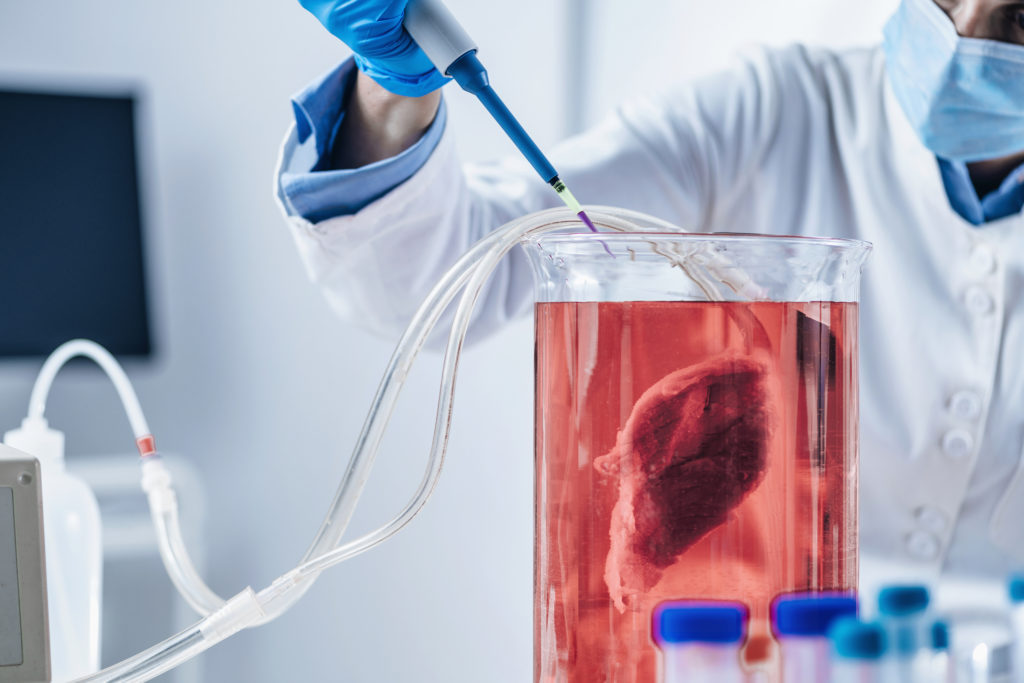Last week, brand executives, investors and entrepreneurs from around the world came together for the Future Food-Tech event in London to discuss large-scale solutions in alternative proteins, health and nutrition. Since the global population and climate change are putting the planet at risk, attendees sought to gain an understanding of how they can alter the fate of the earth through food tech.
Detrimental habits, including burning fossil fuels and clearing forests, are contributing about 11 billion metric tons of carbon into the atmosphere each year. At this rate, we have about seven years to change course and adapt industry production methods to avoid economic as well as environmental costs.
At the Future Food-Tech event, topics such as the future of food regulation, infant nutrition, food safety and protein production were featured throughout the two days. Here’s everything you need to know about the future of food tech from speakers among the well-established to those just getting off the ground.
Related: How Biden’s New Biotechnology and Biomanufacturing Executive Order Will Impact the Future of Food
The Future of Protein
A major category highlighted at the event was protein production. Specifically, the potential for cultivated meat, which speakers and exhibitors at the event identified as a way forward for sustainable meat production. Steakholder Foods, one of the exhibitors at the event, even allowed visitors to 3D bio-print steaks at its booth.
Although not yet commercialized, the speakers expressed hope that regulations will allow lab-grown meat to reach consumer shelves in the next few years. However, it may be a while before price-parity is reached between its animal meat counterparts.
Food regulations serve an important purpose, ensuring foods that reach the market are safe to consume and are void of malpractice. However, several companies at the event commented on how difficult it is to get novel foods to market, with many finding the regulation system hard to navigate. Speakers agreed that the only way forward is to build a new value chain for cultured meat through collaboration.
Precision Fermentation
Precision fermentation was another popular topic at the Future Food-Tech event with the likes of Planetary, New Culture and Perfect Day emphasizing the benefits this technology could offer the dairy sector as it ventures towards becoming more sustainable. The negative impacts of methane from cattle was a key argument in favor of the burgeoning technology.
With consumers searching for dairy alternatives that taste the same as their traditional counterpart, dairy alternatives have been steadily rising. However, all is not lost for traditional dairy. If precision fermented dairy makes its way onto retail shelves, the future may not be oat or soy, but dairy products made from proteins found in cows.
But is this method more sustainable? Simply, yes, since precision fermentation doesn’t rely on thousands of cows. As a result, not only are methane emissions lowered, but so is animal feed and land use. Essentially, scientists will be able to make bioidentical dairy products including milk, ice cream and cheese, in a bioreactor.
Food Tech-Savvy Consumers
There are two post-pandemic trends among consumers: many people are keen to explore new foods with the convenience of quick service outlets and they are also enjoying cooking at home. At the same time, consumers are asking companies for full transparency when purchasing food products, with many asking questions that companies have never had to consider before.
Some questions include, “What are the environmental impacts of product production?” This has resulted in a global drive to rethink product sourcing, emissions, meat usage and packaging. While a key driver for purchasing food products has always been taste, the need for products to also be sustainable is now clear.












Join or login to leave a comment
JOIN LOGIN